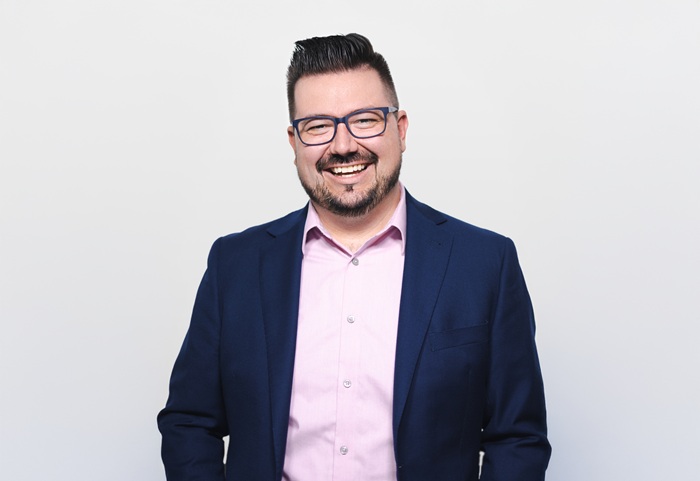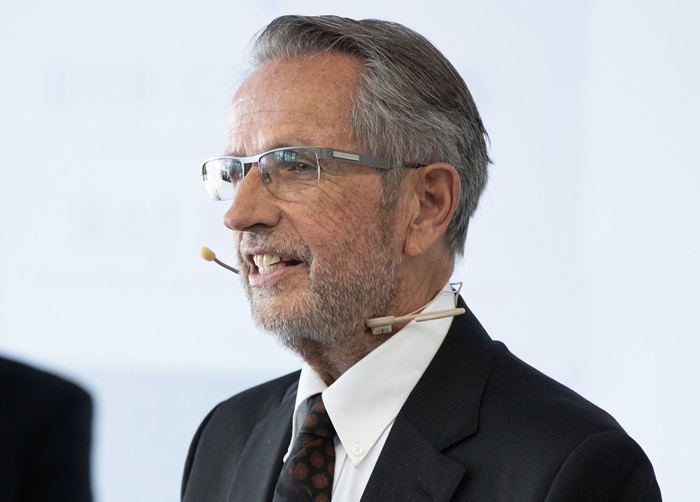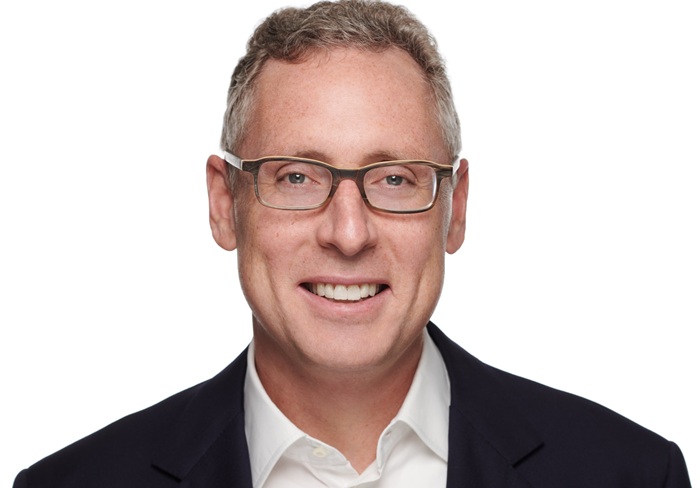Business Is the Ultimate American Community Organizer
By Chris Benguhe, RaeAnne Marsh and Elaine Pofeldt | July 11, 2024 9:14 am
It’s all about building a culture of connectedness internally in the workplace and externally in the world around us.
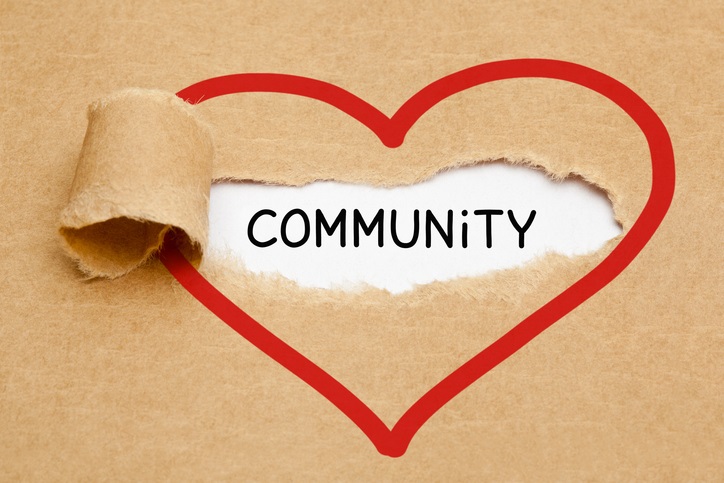
Our Social Capital leaders this month show a profound commitment to the importance of building a successful and prosperous community in different ways. (istock / IvelinRadkov)
Businesses cannot succeed, nor should they, if they do not create a network of real and organic connections to those inside and outside their companies. If they do, they not only can strengthen their brand and their internal infrastructure but their benefits to society as a whole.
We talk a fair amount about philosopher Adam Smith at the Center for Social Capital and how he was a huge believer that capitalism not only was good for society but needed to be in order to work correctly. And the value that Smith placed on community was huge.
In his Theory of Moral Sentiments, Smith famously wrote, “Every man is, no doubt, by nature, first and principally recommended to his own care; and as he is fitter to take care of himself, than of any other person, it is fit and right that it should be so …. Though it may be true, therefore, that every individual, in his own breast, naturally prefers himself to all mankind, yet he dares not look mankind in the face, and avow that he acts according to this principle …. he must upon …. all … occasions, humble the arrogance of his self-love, and bring it down to something which other men can go along with.”
Happiness for Smith depends on the happiness of others. And to be successful, we must be connected to what our family, friends and neighbors think, believe, need and want, and be committed to wanting and working toward the benefit of all those stakeholders and players in our own happiness.
It’s a complex relationship Smith describes, to be sure. But then, being human and living in a human society is extremely complicated.
And so is running a successful business.
In the last decade or so, we have seen plenty of proof that tapping into different communities and showing support for their shared set of values can be effective and profitable for promotion and marketing as well as customer support. Consumers in particular today expect that deeper interaction with the company and the like-minded community of buyers. In fact, a study a few years back by First Round Capital found that 80% of startup founders reported that building a community of users was important and 28% described it as crucial to their success.
So, obviously, we know it’s important, but we wanted to take a little bit of a deeper look at how some companies developed that “crucial” element and fostered it internally and/or externally in very organic and authentic ways that were a direct result of their social capital commitment to people-centric business strategies.
We rounded up a few Social Capital leaders who we believe have something important and powerful to say about the idea. All these leaders and their thoughts show a profound commitment to the importance of building a successful and prosperous community in different ways. We hope you find their thoughts and words not only instructive and helpful but inspiring and uplifting.
And we are pretty sure that Adam Smith would agree.

“When the private sector recognizes and celebrates the contributions of newcomers to communities and businesses, it’s both good for business and helps to create a more welcoming world for all.” -Anthony Capuano (Pexels / Ingo Joseph)
Anthony Capuano, President & CEO of Marriott International, and David Miliband, President and CEO of International Rescue Committee
How can businesses help create a more welcoming world?
In a recent article I co-authored with David Miliband, president and CEO of International Rescue Committee, we explore the tremendous value refugees bring to the workplace and communities, and actions the private sector can take:
Deliver on Hiring Commitments: By helping the 120 million displaced people worldwide restart their careers, the private sector can help communities thrive, one person at a time. Importantly, empowering refugees enables organizations to meet labor needs, bring in employees with diversified skill sets and open doors to opportunity.
Provide On-the-Job Training: Affording refugees the same investment for career progression as their peers gives them a chance to re-establish roots and grow professionally — which can lead to higher retention rates.
Adopt Inclusive and Localized Talent Acquisition Practices: Working with local refugee resettlement agencies to share job openings can be an important step in addressing barriers to employment, ensuring opportunities are surfacing with the local refugee community.
When the private sector recognizes and celebrates the contributions of newcomers to communities and businesses, it’s both good for business and helps to create a more welcoming world for all.
Richard Moore, President & CEO of Good Feet Store
I love that aspect of giving back as a company and supporting causes in our community and nationwide. We should do it — but it shouldn’t stop there. Servant leadership is actually thinking about the well-being of our employees, of my board members, of my partners. And that, then, will actually see a positive outcome on their production, on how they relate with me and how we achieve.
For me, it boils down to helping people live a better life, helping people do the things that they want to do. And those people are definitely our customers, but they’re also our partners, our employees and, for us, franchisees.
A lot of folks think servant leadership is “What will we do for our nonprofit? What will we as a company give back to causes that makes us feel great about working really hard over here and making a lot of money?”
This is the give back part of the conversation. It is the investment part of it. It is the piece that matters to bottom-line numbers. And I think that’s the most important piece that people sometimes get lost on when they think about this in that way. For me, the idea of living a life of abundance and not of scarcity comes down to just how you see the world, and how you believe in each other, and believe in what we can be and what we can do.
If you live a life of scarcity, you’re always going to worry. You’re always going to try to take your piece of the pie. And somebody else is after it. So then, you spend your energy defending what really wasn’t yours to begin with, right? Or defending what you clawed for and took from someone else. But that is draining, that is tiring, that’s not fun. And then, are you a good dad when you come home after living a workday like that? Are you a good husband, a good wife? You’re just not.
If you flip it on its head and say, “Hey, let’s live a life of abundance. How do we create a win for all of us?” might I on occasion get a few less pieces of the pie than my partner or my associate or the customer? Maybe. But I think, over time, it creates more pies and I think it creates more opportunity.

“By focusing on what local parents need and creating spaces for them to connect, we strengthen our ties and make sure our community-first approach benefits everyone.” -Jamie Ratner (Pixabay /Alexas_Fotos)
And guess what? That’s capitalism. That is the fundamental piece of capitalism. People have said, “No, no, no. It’s greed, greed, greed. Take, take, take.” No; it’s to create a machine that continually grows, continually gives people an opportunity to level up in any way that they think is up, right? And I think that’s the beauty of it.
Jamie Ratner, Founder & CEO of CertifiKID Holdings, LLC
At Macaroni KID, our whole business is about community. From our HQ team to our publisher community, we focus on staying connected and supporting each other. This creates a strong internal bond that spreads out to local communities. By working closely with our publishers and giving them the tools they need, we help them build their own vibrant local communities.
This strong foundation naturally extends to the businesses we work with and the parents who subscribe to Macaroni KID. We engage with our audience through social media, local events and community partnerships. We love hosting and joining events like family festivals, workshops and charity drives to build real relationships.
By focusing on what local parents need and creating spaces for them to connect, we strengthen our ties and make sure our community-first approach benefits everyone.
Payam Zamani, Founder, Chairman & CEO of One Planet Group
I’m a firm believer in the concept of community building, both at business but also in other spaces that you’re able to influence. Recently, I started a conference called One Planet Summit, which, basically, brings like-minded people who want to elevate business to serve humanity together so they can have the space to have these conversations. And I believe that collective success comes through collective unity. If you don’t have unity, it’s very difficult to together rise. And that is something we want to be able to achieve.
At work, the way we try to accomplish that is [through] whatever our business may be, and our primary businesses at One Planet are about online marketing. We’re not solving the problem of hunger in the world or finding cure for cancer, but we want to sign up for just causes. As a result, our employees collectively are working towards A, or more than one just cause. In our case, our just causes are healing racism in America. I see racism as the most challenging issue in this country; it’s very important for us to work towards that.
The second thing is empowering women and girls globally. These are just causes. And just because we are good at online marketing, we don’t believe that we should go out there and do our own projects; rather, we want to find grassroot projects, operations that we can support. Hopefully, with our support they can do more of the good work that they are already doing.
The other thing is collective service. Collective service can contribute to that community-building effort. In our company, what we do is offer up to nine paid service days to our employees. On those days, together or individually, we serve humanity however we see fit. There’s one thing we ask our team not to do on those days, and that is to please not serve a political party on those days, because by nature they’re divisive. That community-building is, as a result, built on the foundation of serving others together.
Bob Dalton, Founder & CEO of Sackcloth & Ashes
When building a community, one of the most important questions you can ask is, “What type of value are we bringing people to make them want to be a part of our community?”
This question gets to the heart of what makes a community special. When people are feeling valued, which unfortunately isn’t often nowadays, they not only work more effectively, but it creates a positive culture and environment that they work within.
A company that’s generous with its team members creates a generous community. As cliché as it may be at this point, a play on President John F. Kennedy’s quote in relation to this topic would be, “Ask not what your people can do for you, but ask what you can do for your people.”
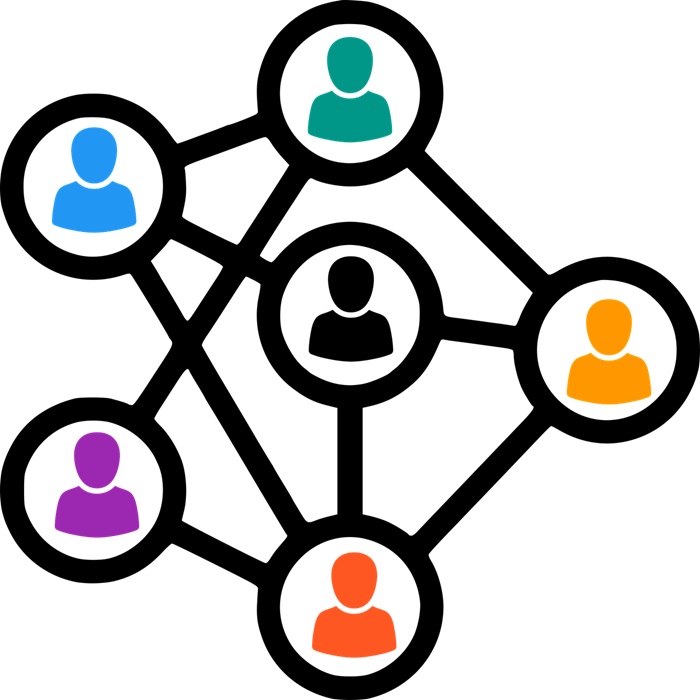
“A company that’s generous with its team members creates a generous community.” -Bob Dalton (Pixabay / Mohamed_hassan)
Peter Block writes in his book Community that the goal isn’t community, the goal is belonging. People are asking three questions when it comes to belonging:
- Do you see me?
- Do you hear me?
- Does what I say mean anything to you?
Your executive team is asking those questions. Your team members are asking those questions. Your customers are asking those questions. Your family members are asking those questions.
If you want the hack to building strong relationships and communities, focus your efforts on making sure the people in your life and work can say, “Yes” to those three questions.


